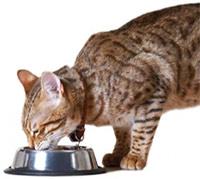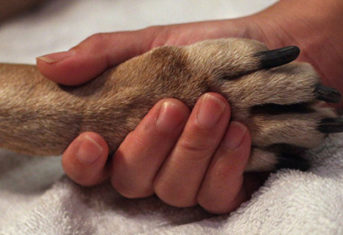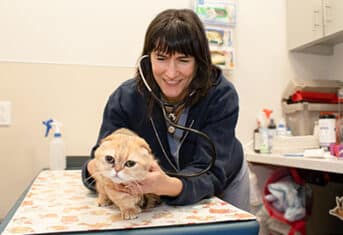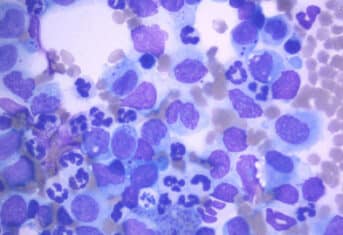Ask the Vet

Ask the Vet
Q: I recently took my cat, Cheddar, to be seen by his veterinarian because I thought he had a urinary tract infection. My vet recommended a change in his diet from dry to wet food. Can you explain how this will help?
A: In the course of evolution, felines evolved as carnivores. Cats have adapted to eating a meat-based diet which is high in protein and lower in carbohydrates. Just look at the fangs they have – clearly not necessary for eating soybeans!!! Because of convenience and often the cat’s preference for the crunchy consistency, owners frequently choose to feed their cats dry food, which is higher in carbohydrates than canned food. When cats consume more carbohydrates than their body can use, they store the excess as fat. Cats consuming a dry diet may eat more carbohydrates than they need in order to obtain a sufficient amount of protein for their needs and they can become overweight quickly. Studies clearly show the portly feline can be at greater risk for diabetes, arthritis and feline bladder problems, like Cheddar.
So, losing weight is critical for Cheddar's long term health. My recommendation, and the recommendation of The AMC, is to switch him to mostly, if not exclusively, canned food. If he doesn't lose weight with the adult dry food as a component of his diet, then he should switch to a dry kitten food which contains more protein than the average dry cat food. Another option is to ask your veterinarian if prescription dry diabetes food would be appropriate for Cheddar. This food is formulated to contain more protein and less carbohydrates. If these changes in diets are solutions which don't work, then you may need to eliminate dry food completely from your Cheddar's diet.
For cats with bladder problems, increasing their water consumption will help prevent the recurrence of clinical signs. Therefore, switching to canned food with its increased water content will force the cat to consume more water than if it ate dry food.
———————————————————————————————
Click here to read stories about animals who have been provided care by The Animal Medical Center.
To make a donation to The Animal Medical Center, click here.
































